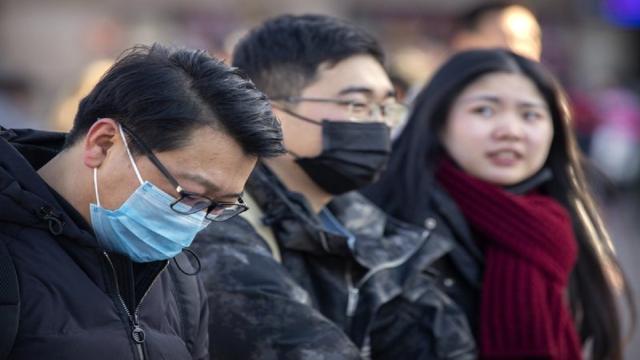COVID-19 pandemic has led to the collapse of tourism and a corresponding cascading effect on different species of wildlife. This is visible from the situations in different parts of the world in relation to wildlife. It is obvious that conservation work to protect a section of the delicate ecosystems faces a crisis.
Most of these organizations rely on funds from the visitors, and the absence of tourists puts their survival at stake. They are involved in a variety of projects related to the critically endangered species, and it is necessary to safeguard their interests.
Their work could come to a standstill because of border closures and worldwide Travel restrictions. The check on global travel is a preventive measure to fight the spread of the pandemic. However, the restrictions on travel have pulled the rug from under the feet of the locals. They have lost their income from tourism and are left high and dry.
The Guardian says that in view of the nature of the pandemic, scientists have a major role to play. They have to reset the relationship of humanity with nature. However, the economic consequences of the COVID-19 lockdown have increased fears of damages to the environment. A few possible ill effects are a surge in poaching, illegal fishing, and deforestation.
These would disturb life-sustaining ecosystems all over the world, with consequent loss of employment in the ecotourism sector. As a senior official of WWF UK says – “It’s right that the global focus now is on protecting human lives in this devastating pandemic.”
Conservation in crisis: ecotourism collapse threatens communities and wildlife https://t.co/cAfJGuqGo5
— The Guardian (@guardian) May 5, 2020Tourism is the binding force
The collapse of the local tourism industry in Cambodia led to the slaughter of the critically endangered giant ibis.
The Wildlife Conservation Society attributes this to the failure of ecotourism in the area. There was a similar incident in central Africa. It happened in Virunga national park, famous for its mountain gorillas. A group of rangers detailed to protect the animals lost their lives trying to guard them. The absence of ecotourism has a direct effect on the local economy that can crumble under pressure.
The authorities have to ensure that the environment is safe. COVID-19 originated in China, and it has taken a heavy toll on humans all over the world. Work is on to identify a vaccine. Until that happens, the world will continue to be on shaky ground.
The Guardian talks about the possible side effects of well-known ecotourism hotspots. A recent report indicated that travel restrictions during lockdown had disrupted illegal wildlife trade to a certain extent. However, there is no letup in the poaching of animal body parts. Those involved in such illegal activities take advantage of the shortage of rangers. It is the tip of the iceberg because of the loss of revenue from tourism-related activities hampers conservation work.
The drop in tourism means loss of livelihood for thousands
According to CN Traveler, tourism in Africa is an industry worth billions of dollars, and the coronavirus pandemic poses a major threat. The outbreak has affected travel, and crippled global tourism and trade. There is a danger for safari ecosystems and animals. This is because while some parks are open, many others are closed, and their reopening plans remain hazy. This is a matter of worry because of the uncertain future. These parks depend on earnings from tourism to ensure the conservation of wildlife, protection from poachers, etcetera. Therefore, the absence of tourists will have a direct bearing on the lives of the local communities.
As an official says - “The COVID-19 pandemic is putting conservation under enormous pressure.” He adds that the collapse of tourism in Africa could lead to a ripple effect and bring to naught decades of proactive conservation work done on the continent.
![Japan takes steps to mitigate impact of COVID-19 on tourism. [Image source/CNA YouTube video] Japan takes steps to mitigate impact of COVID-19 on tourism. [Image source/CNA YouTube video]](https://staticr1.blastingcdn.com/media/photogallery/2020/5/6/660x290/b_502x220x82/japan-takes-steps-to-mitigate-impact-of-covid-19-on-tourism-image-sourcecna-youtube-video_2455957.jpg)


